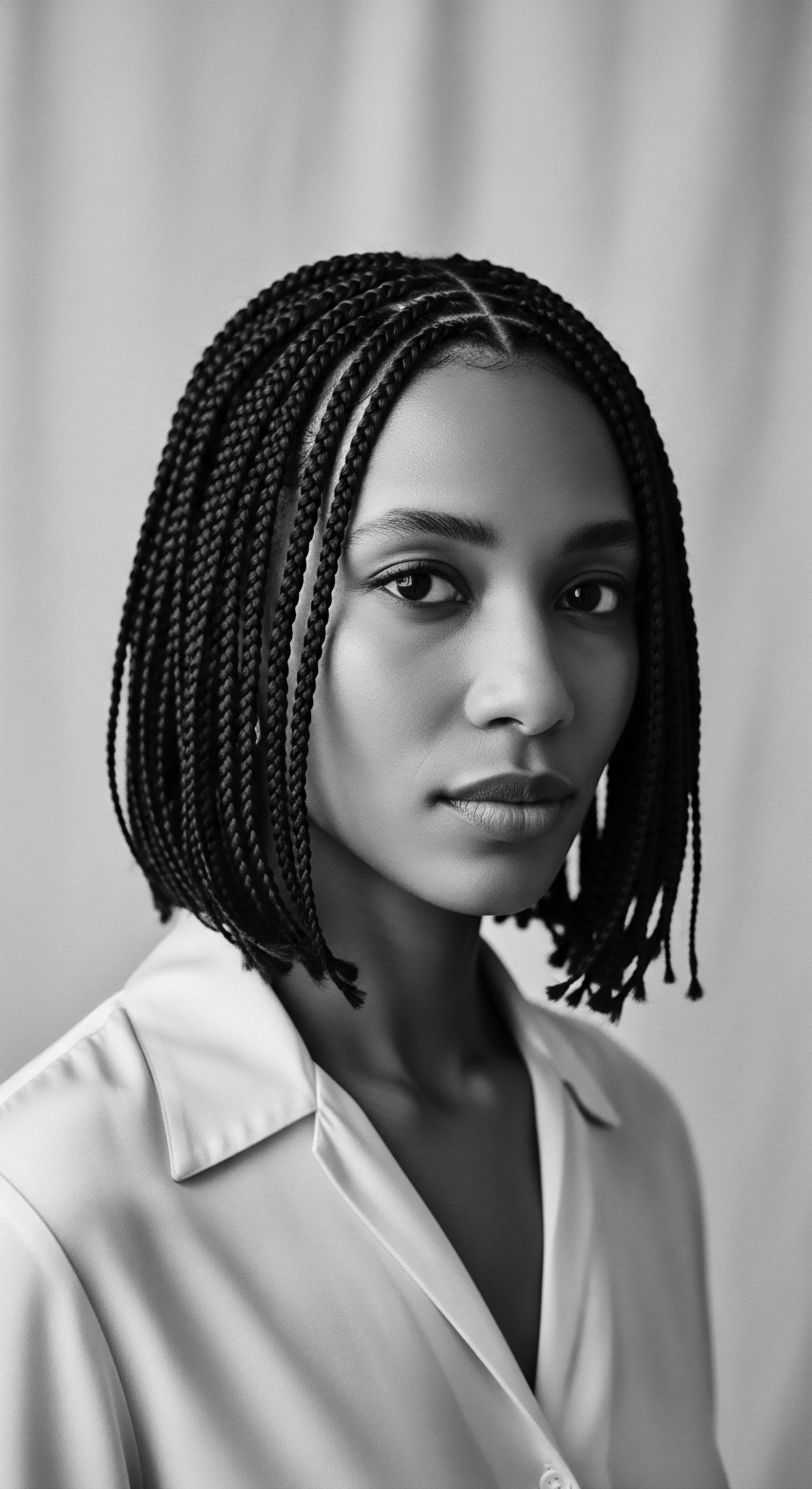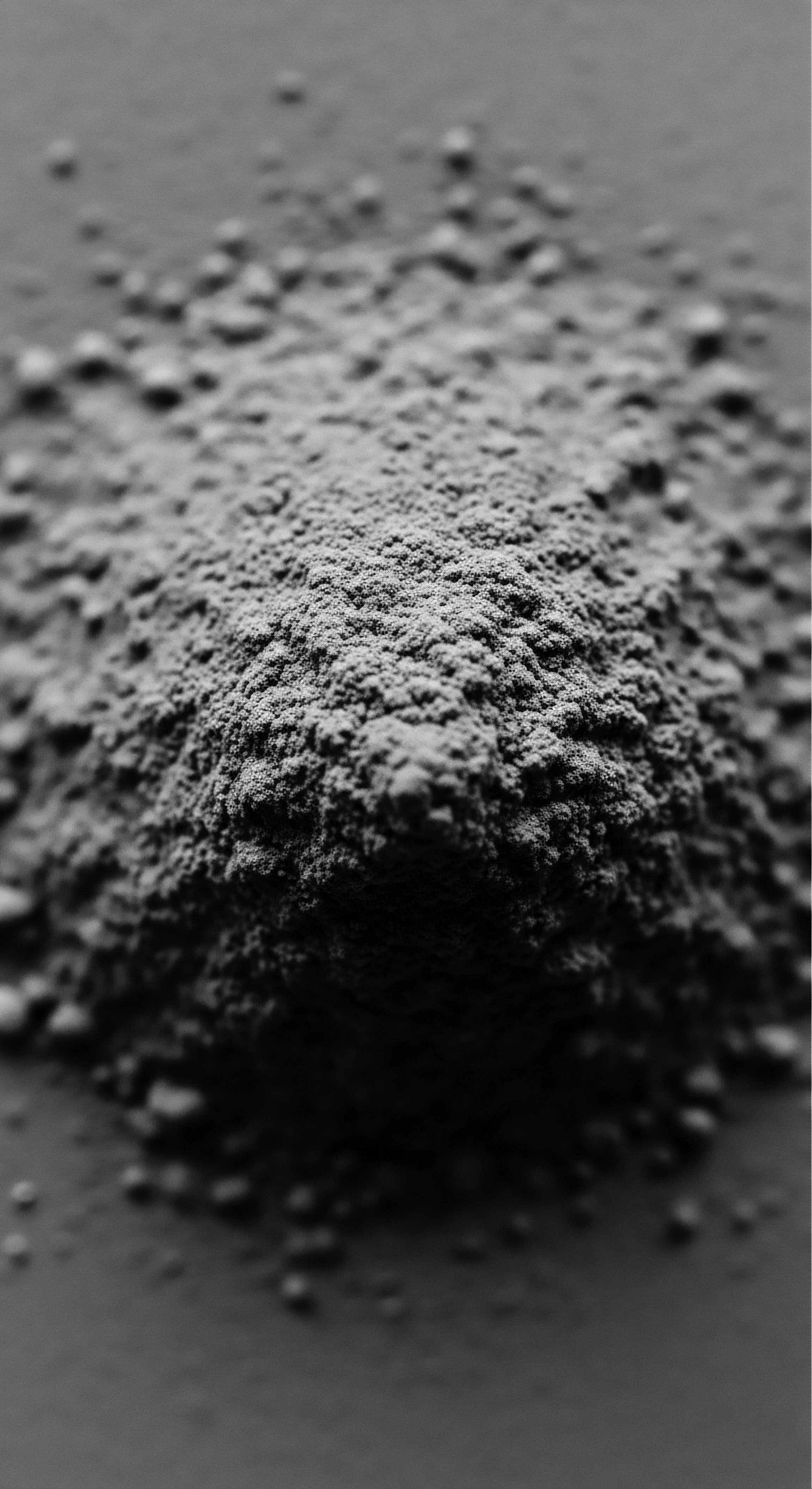
Cortisol Hair Growth
Meaning ❉ Cortisol Hair Growth describes how stress hormones affect hair follicle function, impacting growth and vitality, particularly for textured hair due to unique heritage and societal pressures.
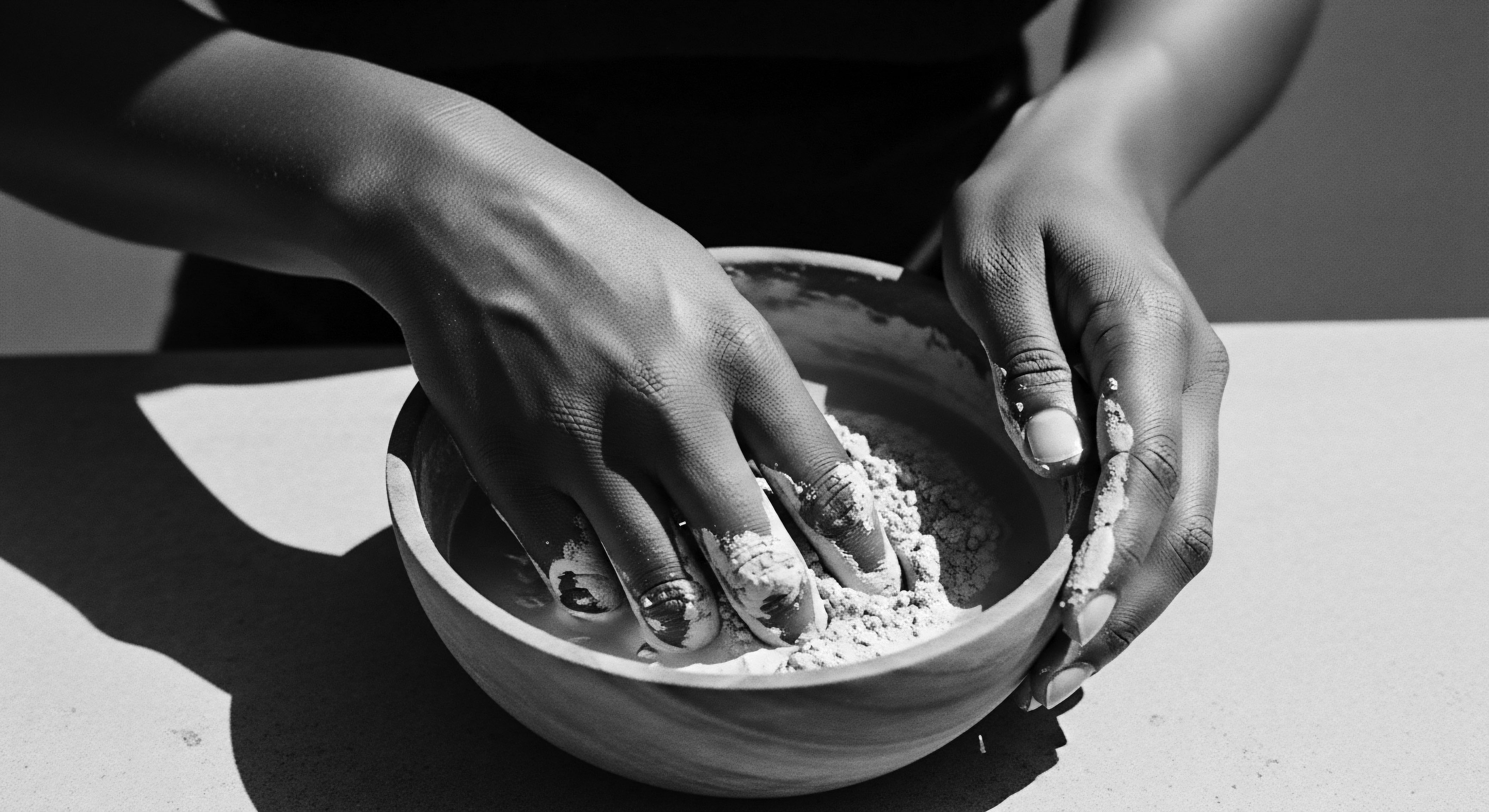
Cortisol Impact
Meaning ❉ Cortisol Impact describes how stress hormones affect hair health, particularly textured hair, influenced by historical and cultural stressors.
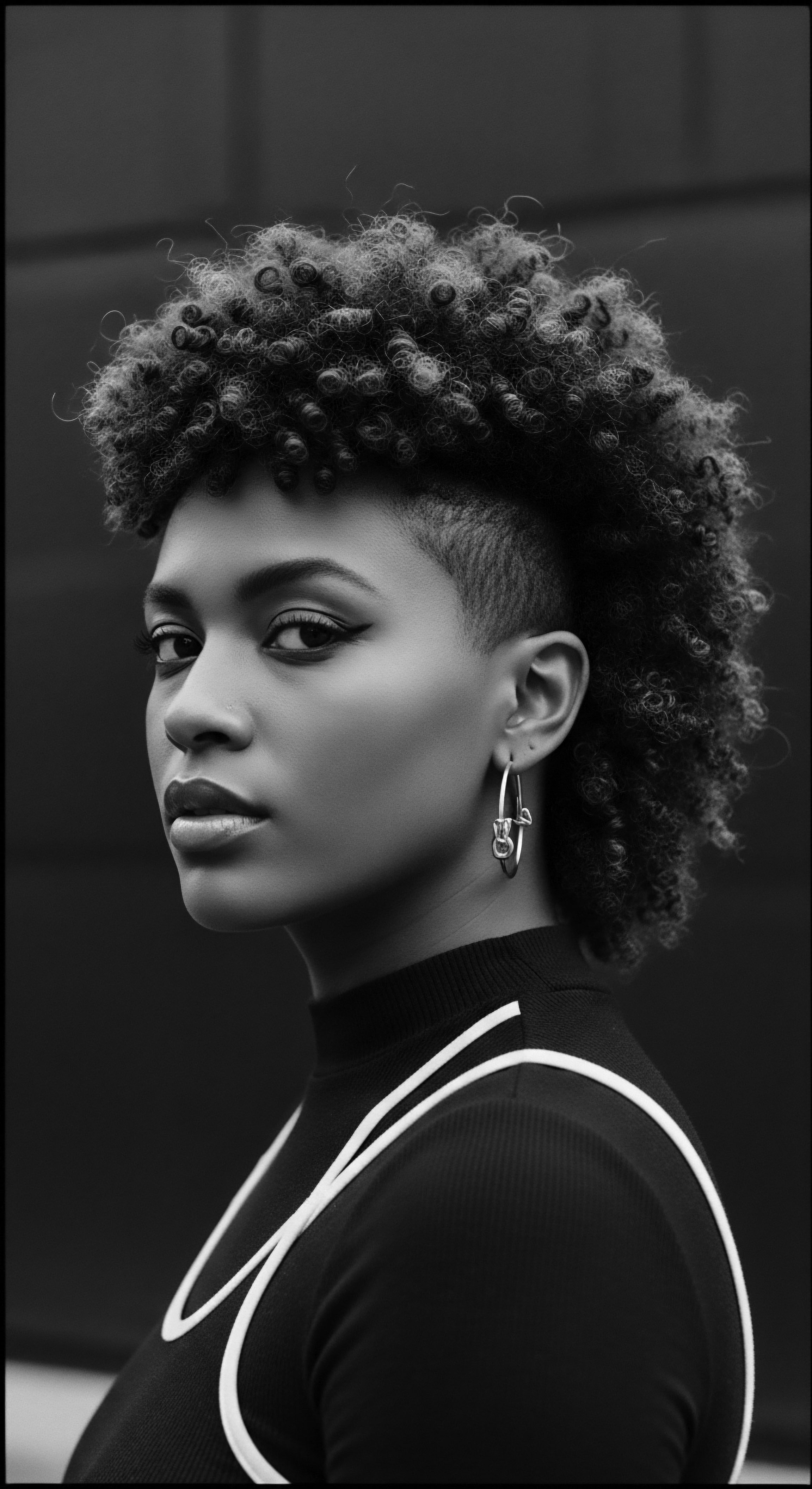
Cortisol Effects
Meaning ❉ Cortisol Effects encompass how this stress hormone impacts textured hair's health, often exacerbated by historical and societal pressures.
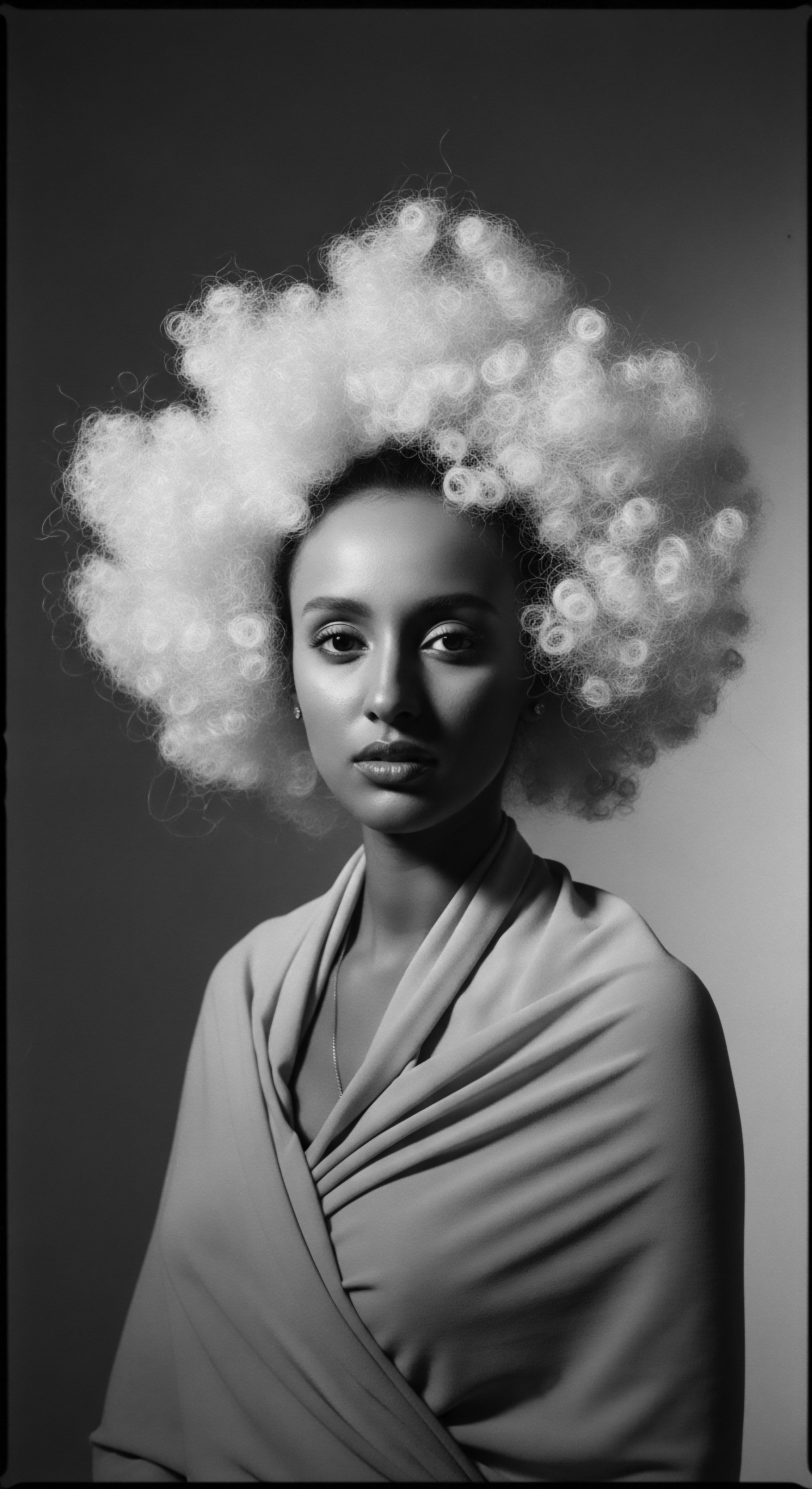
Cortisol Research
Meaning ❉ Cortisol Research examines the hormone's impact on health and hair, reflecting deep connections to heritage and the physiological tolls of lived experience.

Cortisol Hair Loss
Meaning ❉ Cortisol Hair Loss is the thinning or shedding of hair due to chronic stress, particularly impacting textured hair through physiological and historical factors.
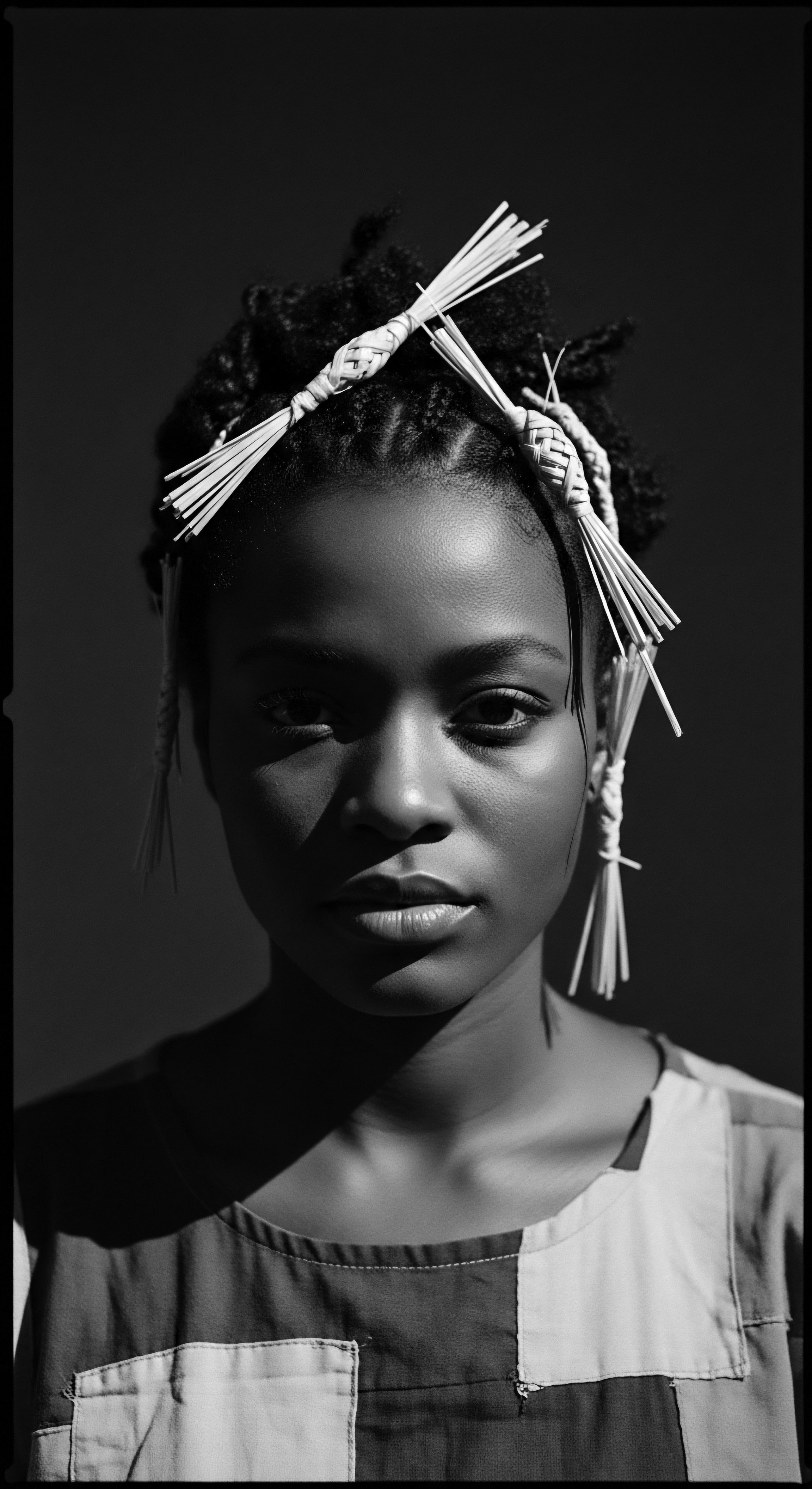
How Do Sleep Hormones Affect Textured Hair?
Sleep hormones guide the health of textured hair by influencing follicle repair and growth, a connection echoed in ancestral care traditions.

Cortisol Hair Impact
Meaning ❉ Cortisol Hair Impact signifies the biological effects of chronic stress, measured in hair, reflecting physiological and historical burdens on textured hair.

Cortisol Hair Health
Meaning ❉ Cortisol Hair Health explores how chronic stress impacts hair vitality, growth, and pigmentation, particularly for textured hair.
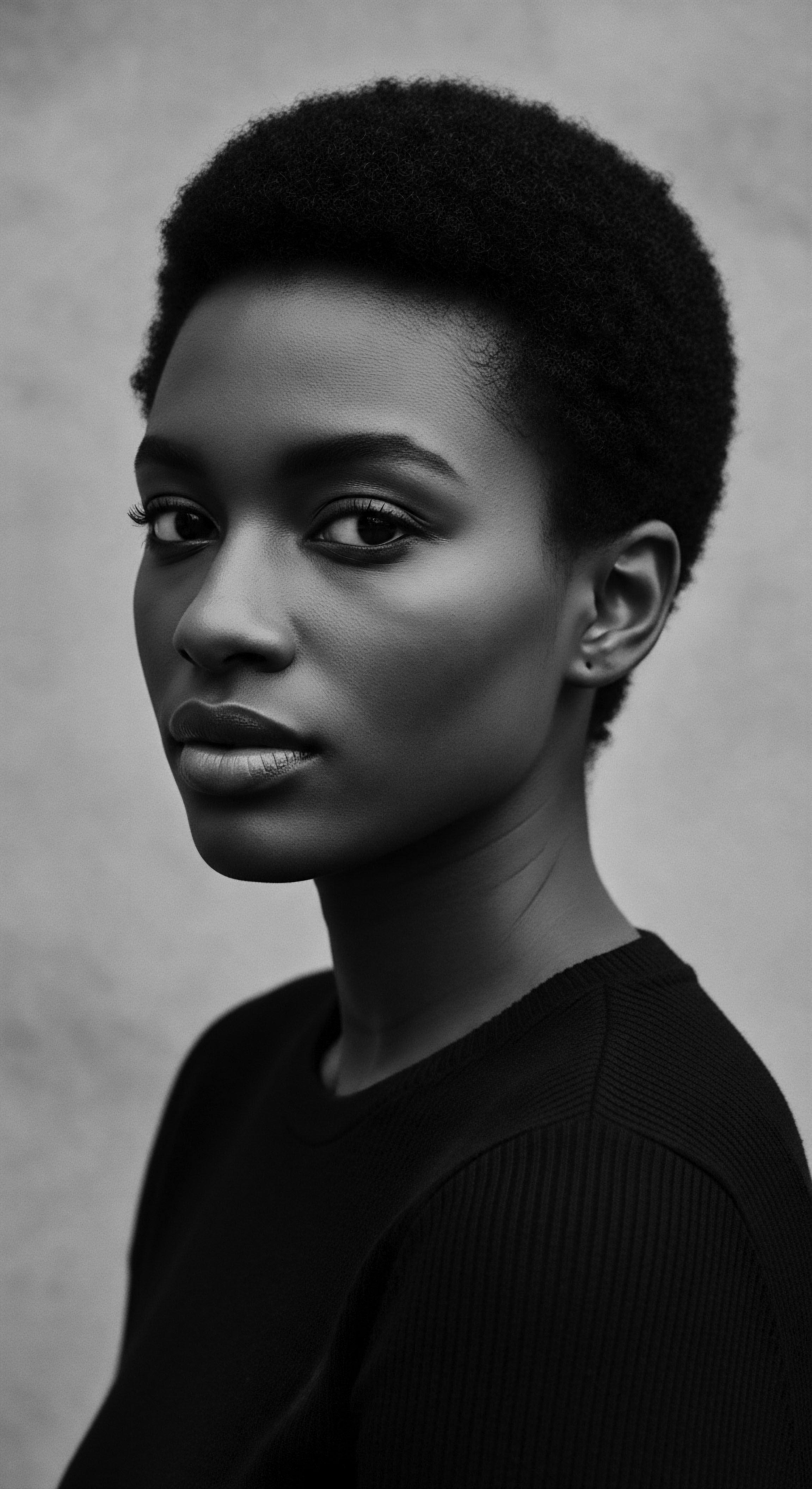
Cortisol Hair
Meaning ❉ Cortisol Hair is the concentration of the stress hormone cortisol recorded in hair, serving as a historical archive of physiological stress exposure.
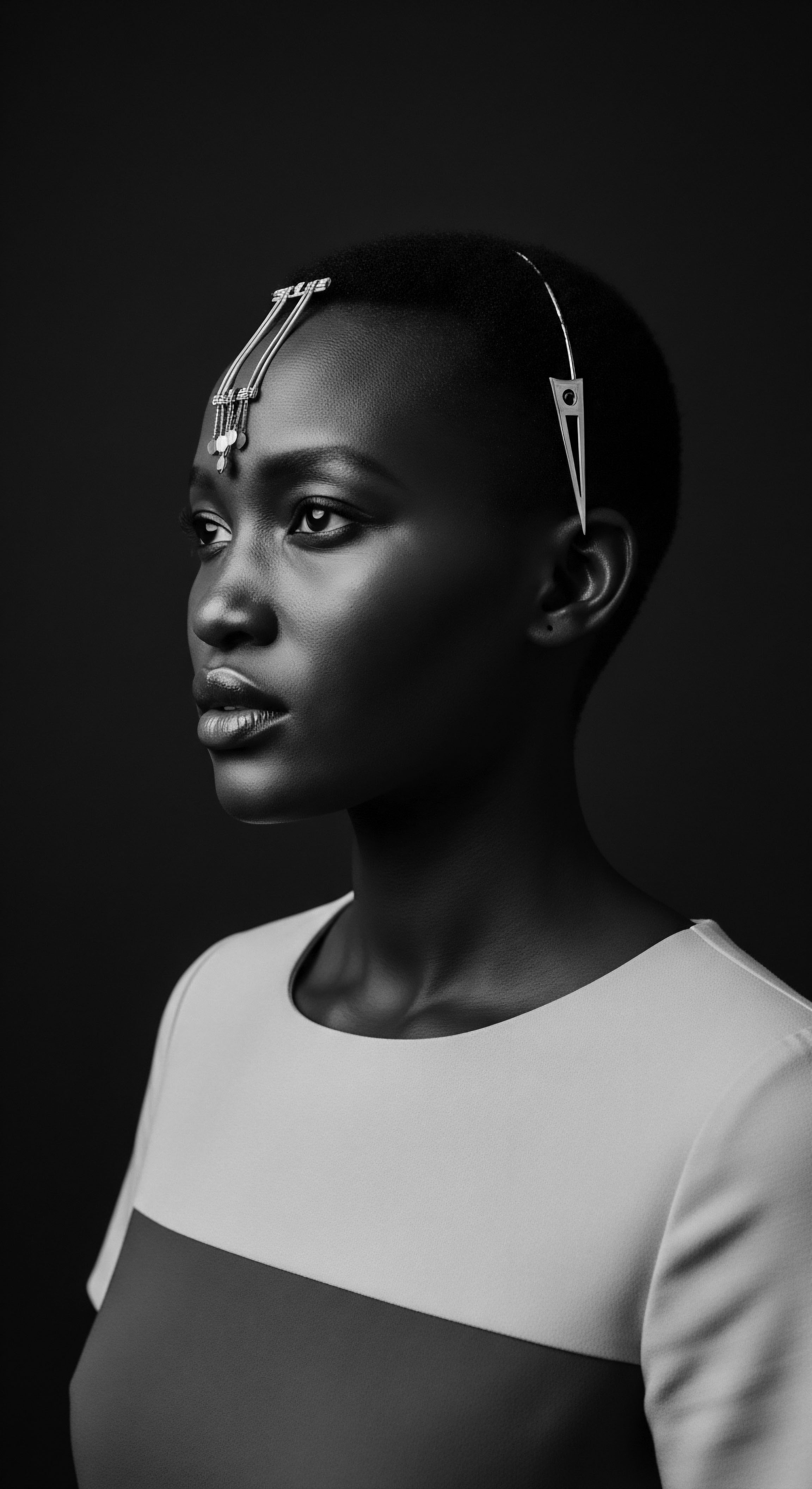
Stress Hormone Hair
Meaning ❉ Stress Hormone Hair describes the physiological imprint of chronic stress, particularly cortisol, on hair strands, serving as a biological record of lived experience.
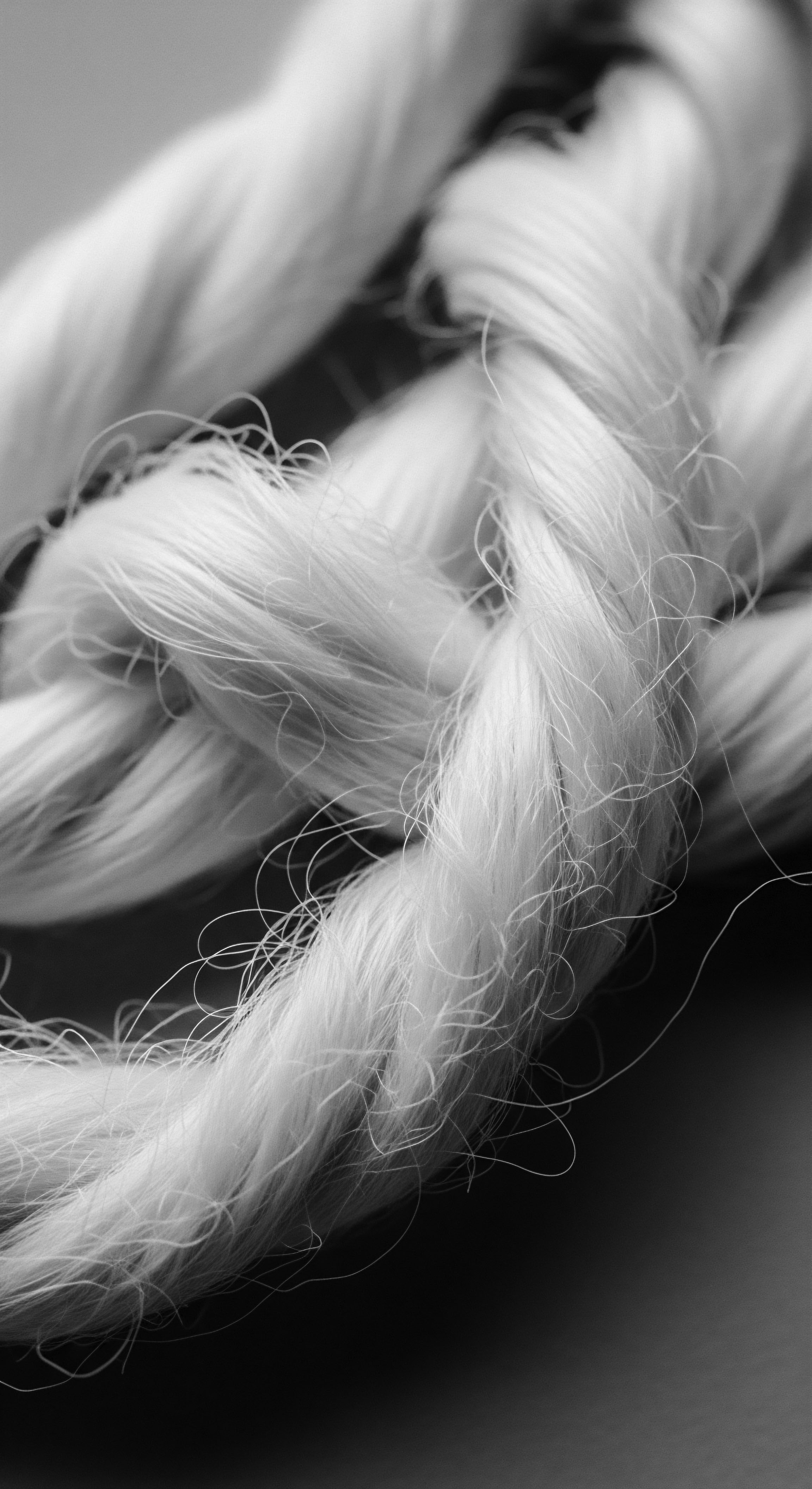
Cortisol Effects Hair
Meaning ❉ Cortisol Effects Hair describes how the stress hormone influences hair growth, texture, and health, deeply connecting to heritage and well-being.

Hair Cortisol Concentration
Meaning ❉ Hair Cortisol Concentration is a biological measure of cumulative stress hormone levels embedded in hair strands, reflecting long-term physiological stress.
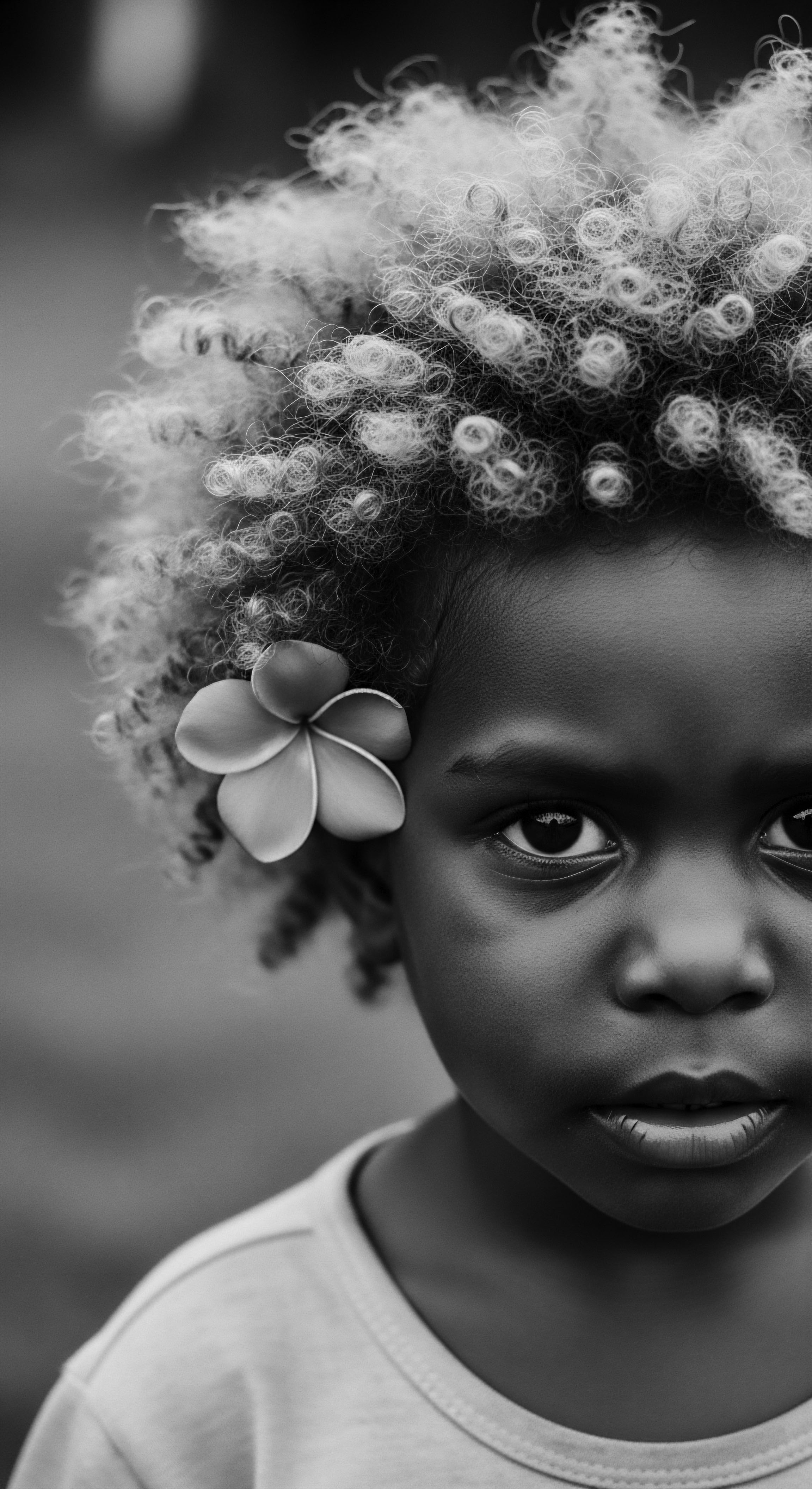
Allostatic Load Hair
Meaning ❉ Allostatic Load Hair signifies the biological imprint of chronic stress within hair strands, a profound reflection of lived experience, especially within textured hair heritage.
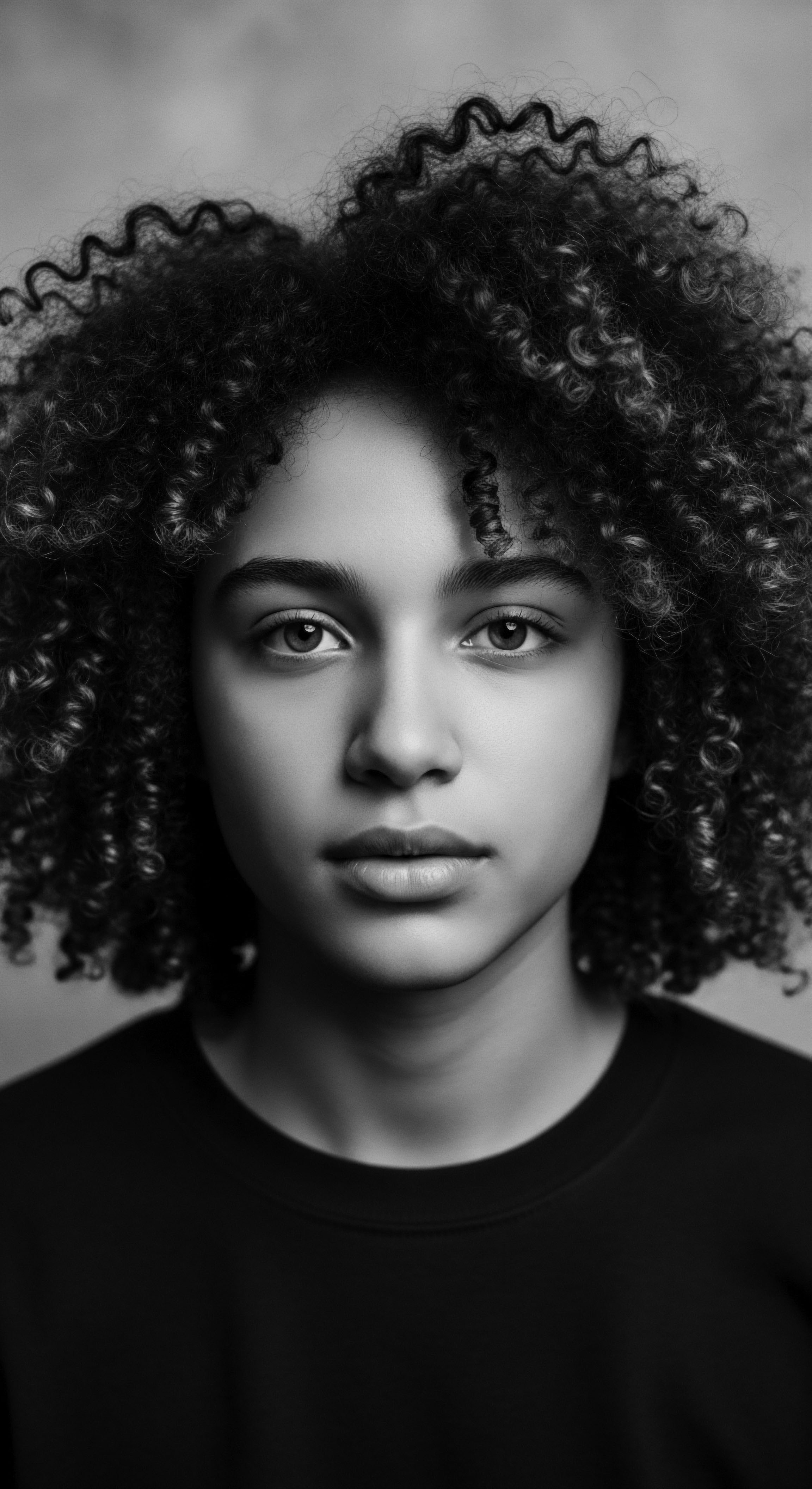
Hair Cortisol Biomarker
Meaning ❉ The Hair Cortisol Biomarker offers a retrospective measure of chronic stress, providing a unique insight into the physiological impact of lived experiences on textured hair.
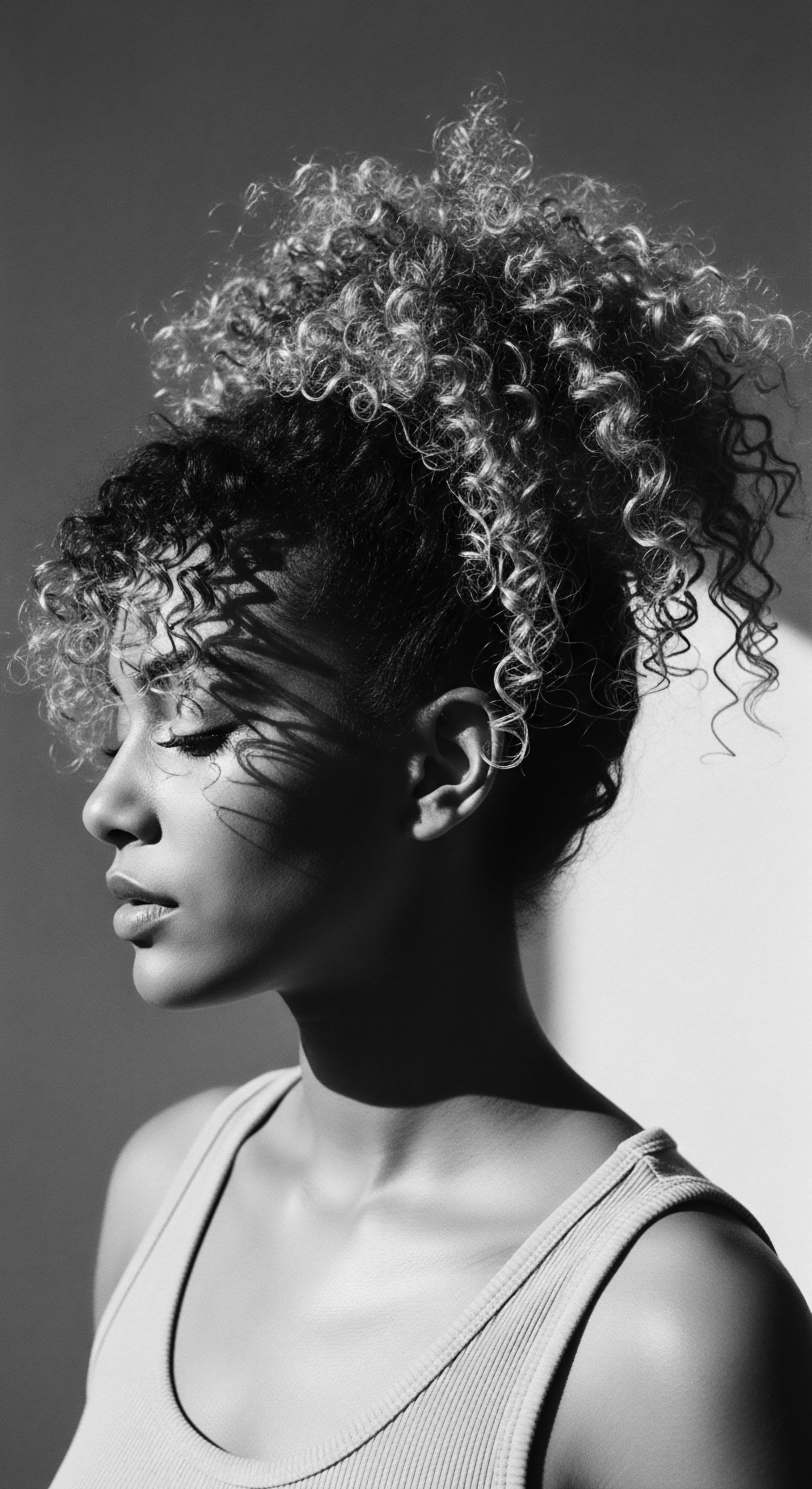
Cortisol Levels
Meaning ❉ Cortisol Levels represent the body's stress response, significantly influencing the health and growth of textured hair, deeply tied to ancestral and historical experiences.
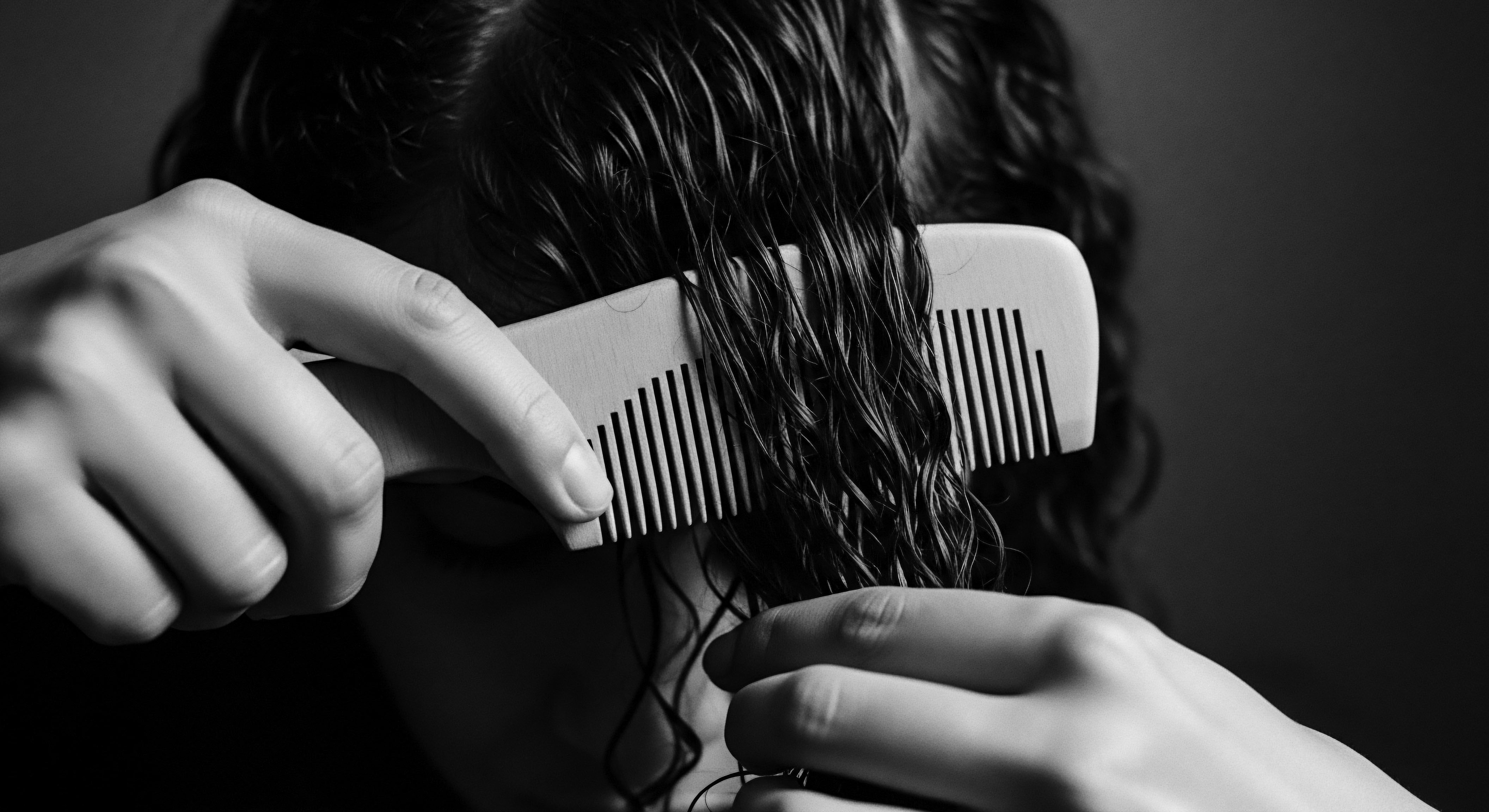
Cortisol Biomarker
Meaning ❉ The Cortisol Biomarker in hair provides a historical record of the body's long-term stress response, reflecting the physiological impact of lived experiences and cultural heritage.

Hair Cortisol Meaning
Meaning ❉ Hair Cortisol Meaning signifies hair's capacity to store stress hormone cortisol, reflecting long-term physiological stress, especially pertinent to textured hair heritage and racial discrimination.
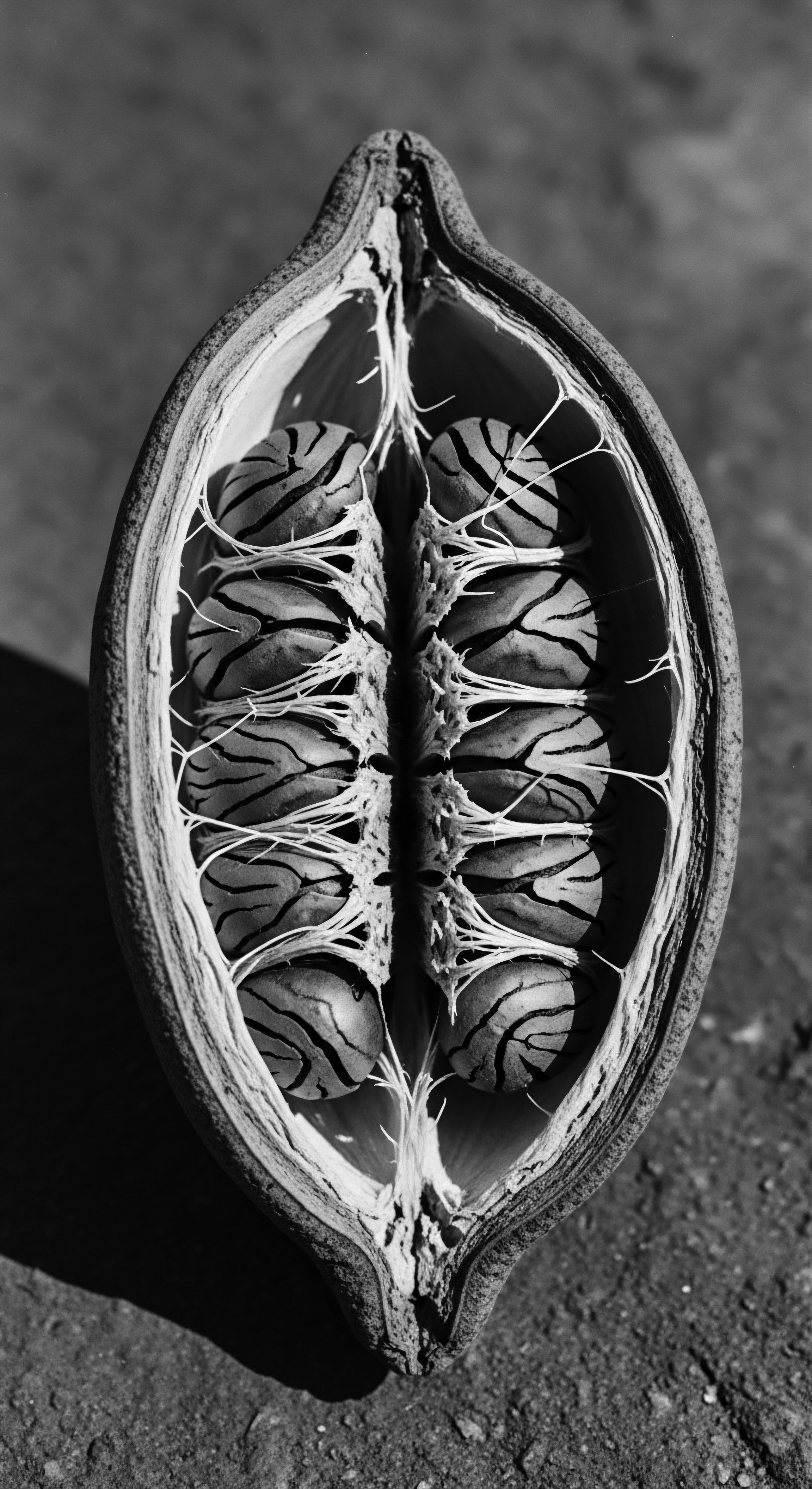
Hair Cortisol
Meaning ❉ Hair Cortisol signifies the cumulative physiological record of long-term stress embedded within hair strands, particularly revealing for textured hair heritage.


